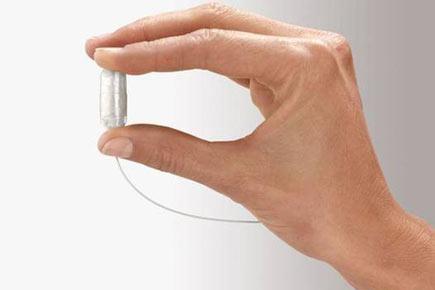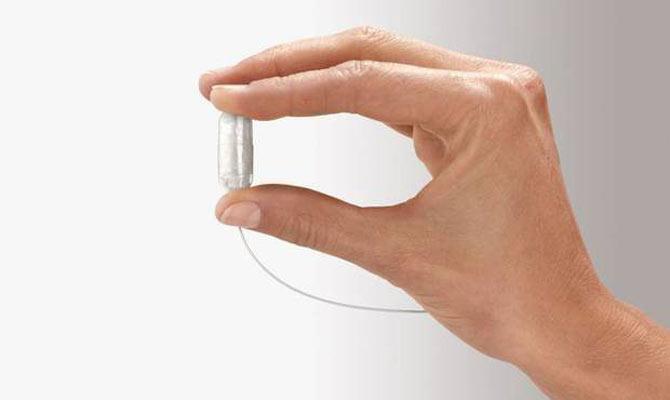In a big step towards developing a pill that could make you more egalitarian, researchers have found that a drug that prolongs the effects of the brain chemical dopamine boosts compassion

New York: In a big step towards developing a pill that could make you more egalitarian, researchers have found that a drug that prolongs the effects of the brain chemical dopamine boosts compassion.
ADVERTISEMENT
Dopamine is a brain chemical associated with reward and motivation in the prefrontal cortex of the brain.

Representational picture
In the study, published online in the journal Current Biology, the researchers used the drug tolcapone, which is already approved by the US Food and Drug Administration (FDA) for use in treatment of people with Parkinson's disease.
"We typically think of fair-mindedness as a stable characteristic, part of one's personality," said co-principal investigator Ming Hsu, assistant professor at the University of California - Berkeley.
"Our study does not reject this notion, but it does show how that trait can be systematically affected by targeting specific neurochemical pathways in the human brain," Hsu noted.
The study involved 35 participants, including 18 women. On two separate visits, the study participants received a pill containing either a placebo or tolcapone that prolongs the effects of dopamine.
Participants then played a simple economic game in which they divided money between themselves and an anonymous recipient.
After receiving tolcapone, participants divided the money with the strangers in a fairer, more egalitarian way than after receiving the placebo.
Previous studies had shown that economic inequity is evaluated in the prefrontal cortex, a core area of the brain that dopamine affects,
"We have taken an important step toward learning how our aversion to inequity is influenced by our brain chemistry," first author of the current study Ignacio Saez from the UC Berkeley pointed out.
"Studies in the past decade have shed light on the neural circuits that govern how we behave in social situations. What we show here is one brain 'switch' we can affect," Saez noted.
 Subscribe today by clicking the link and stay updated with the latest news!" Click here!
Subscribe today by clicking the link and stay updated with the latest news!" Click here!






